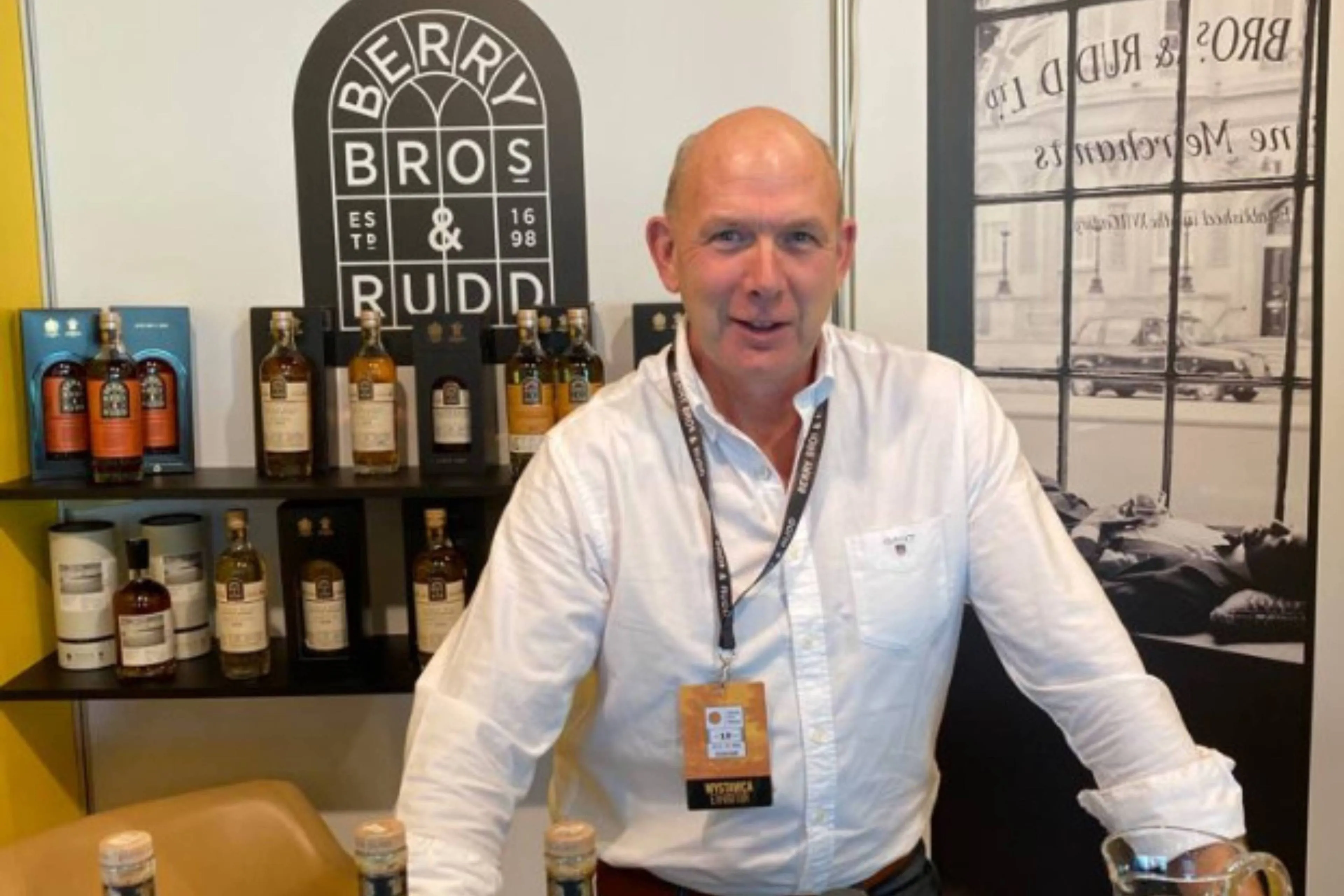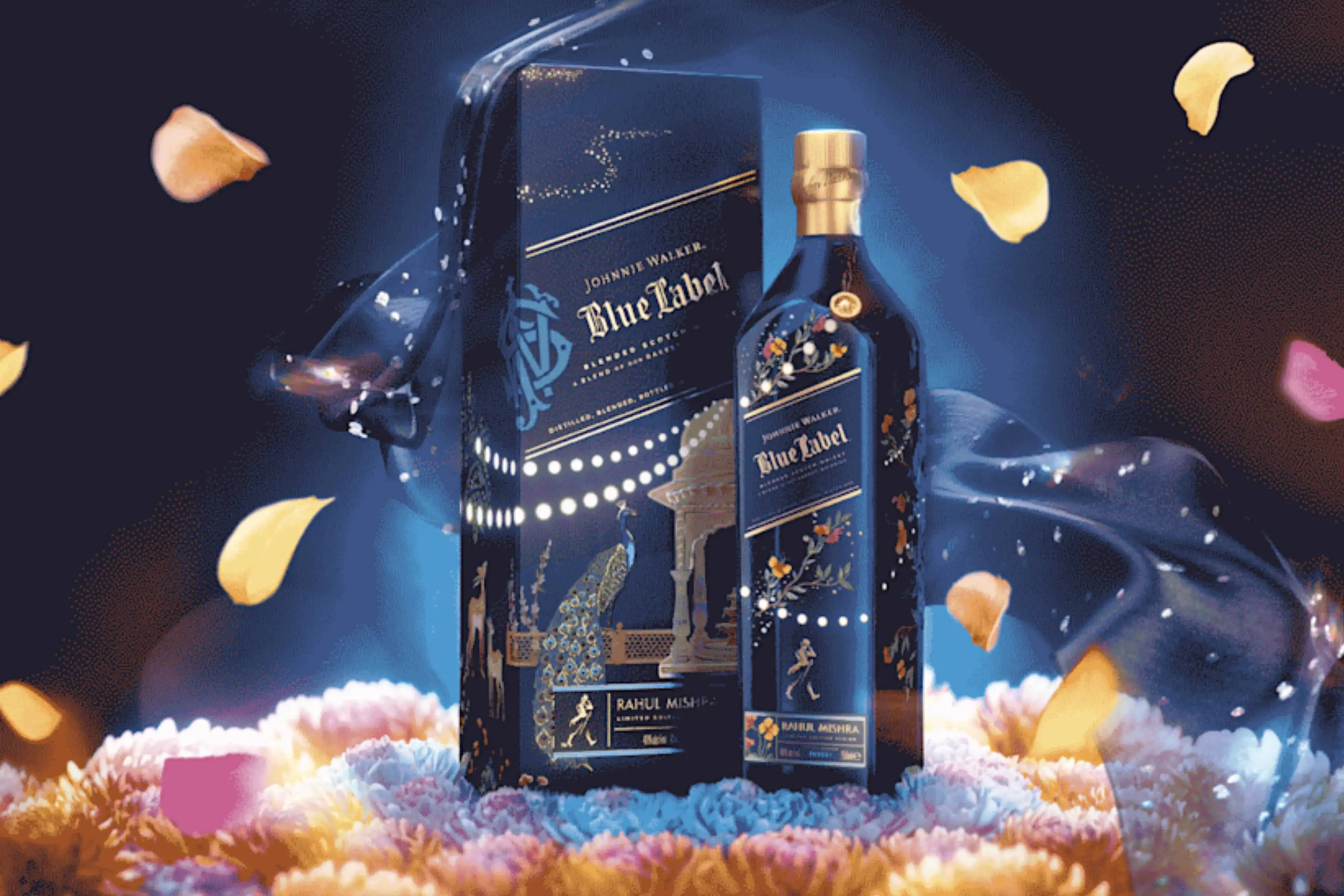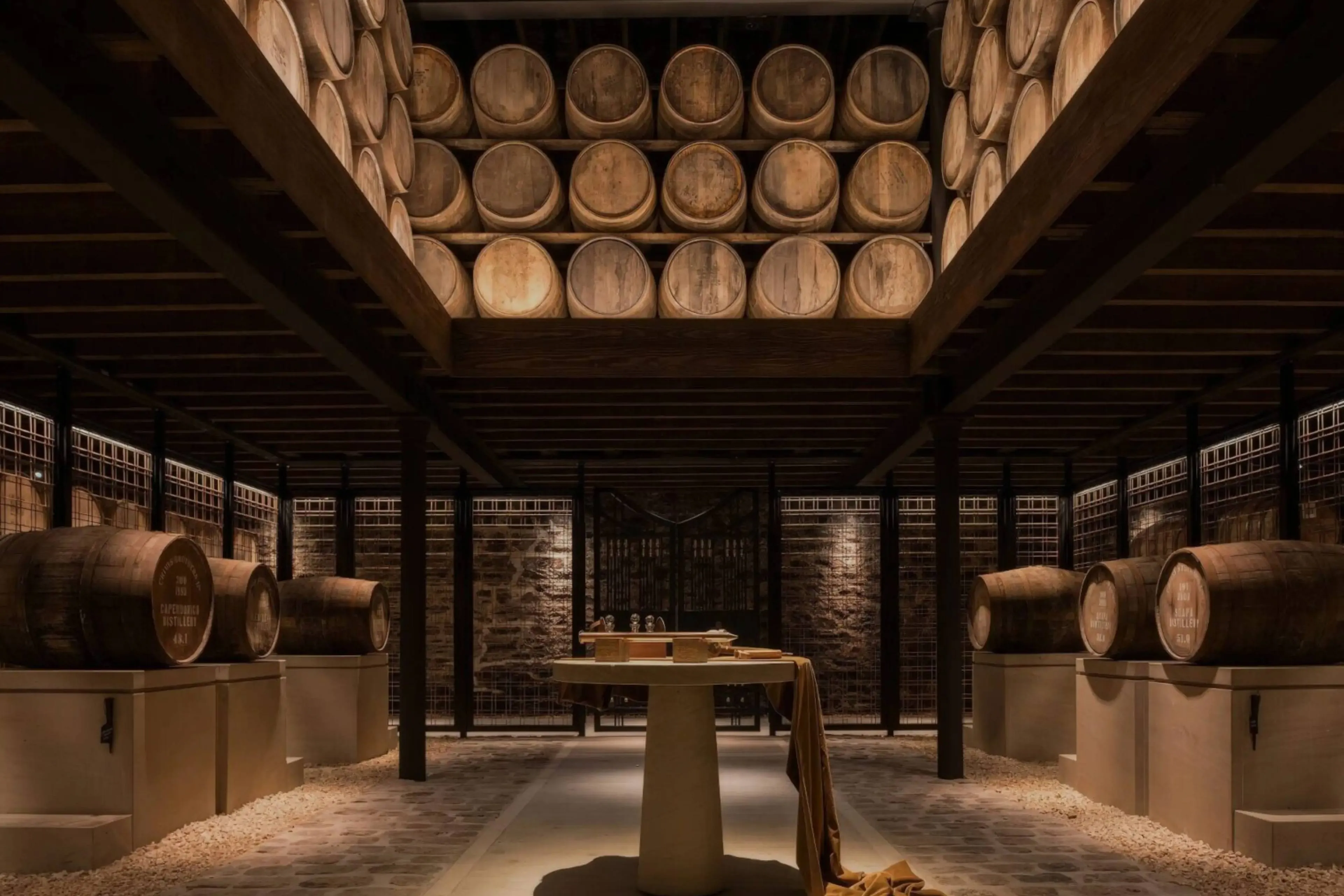Column: The Rise of Alcohol-Free ‘Whisky’: A Passing Fad or Here to Stay?
SectionsSunday, 17 August 2025 at 10:32
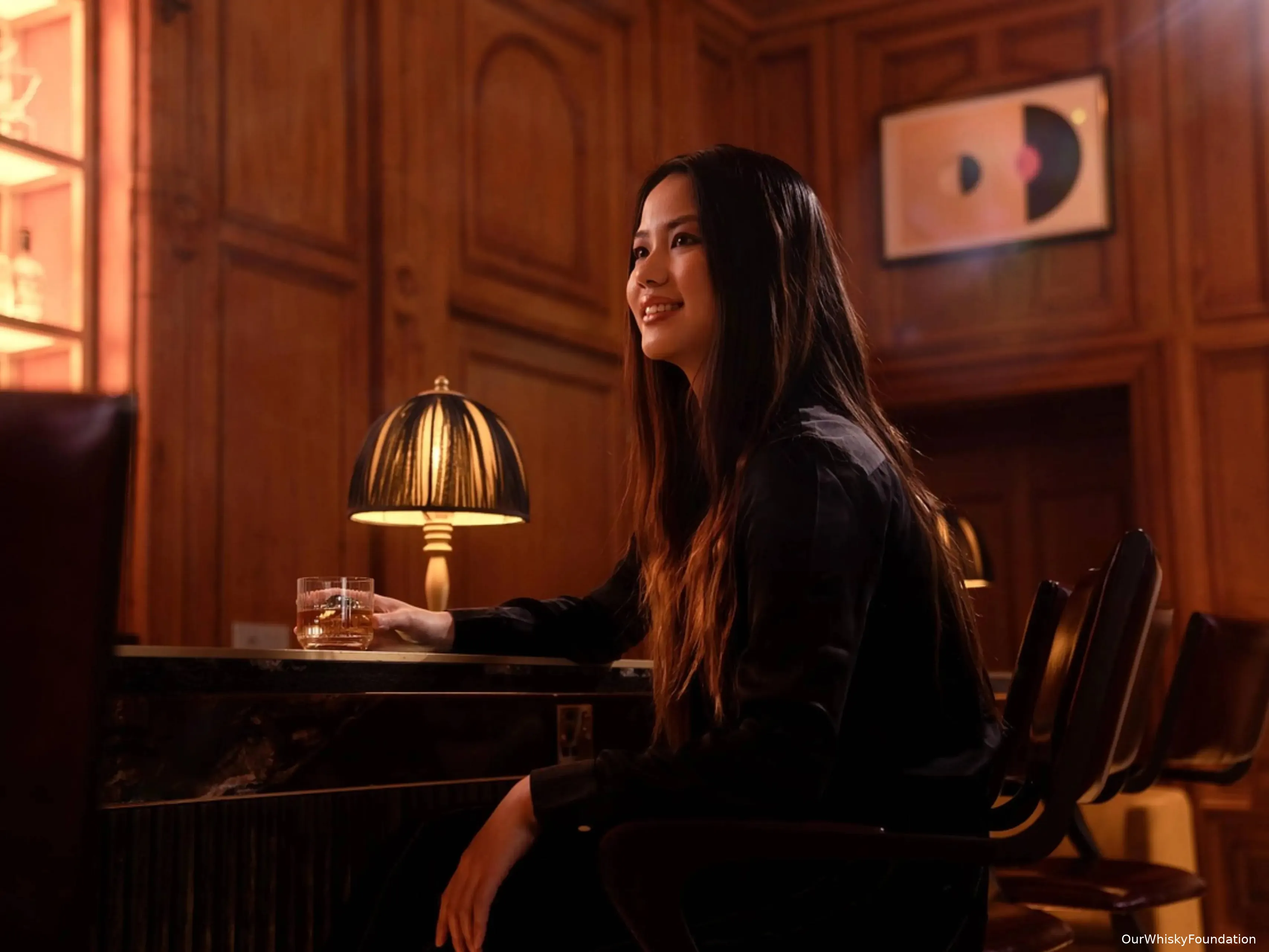
They're appearing more often on shelves. Flashy labels, bold names, but without alcohol. Non-alcoholic whisky is hot and perhaps suited well for warm weather. But is it any good?
It's not allowed to be called whisky
Let's clear something up: what is often sold in stores as 'non-alcoholic whisky' is technically not whisky. Our favorite drink needs to age in barrels and contain at least 40% alcohol. Anything less falls officially outside the definition. We're dealing more so with 'whisky clones' or perhaps better said, whisky wannabes.
People's drinking habits are changing, nevertheless. Young people, for example, are drinking less alcohol, and you can see this in the sales and retail shelves. Whisky brands are gratefully seizing this change. Brands like Lyre’s, Loft House, and Gnista are aimed at the enthusiast who wants to experience the ritual of whisky without the kick of alcohol.
It's understandable to an extent. Whether you're the designated driver, pregnant, or just not in the mood for a hangover; it's nice to have something in your glass that resembles the water of life. It’s like participating in good company instead of benching it out with a glass of water.
For enthusiasts, it often feels like an insult
Let's not beat around the bush: Most non-alcoholic 'whiskies' simply don't taste good. They lack warmth, complexity, and a creamy mouthfeel. Have you come across a deep smoky alcohol-free 'whisky' that warms you up? Exactly, neither have we. It’s like going to a concert and only getting to hear the soundcheck. Technically it's all in the same venue, but the experience is totally different.
I've tried multiple times to become enthusiastic about a non-alcoholic variant. I want to like it, but every time something essential is missing. It simply doesn’t feel right. And I’m not alone. Many whisky connoisseurs, tasters, and collectors are turning their backs on this trend. As if there is almost a question mark on their foreheads, because why would we want to drink that?
We should be cautious with our judgement though. Consider non-alcoholic beers for instance. They've transformed from trash to treasure in just ten years. Maybe the same will hold true for this new generation of spirits. There are already producers experimenting with smoke extracts, oak infusions, fermentation; techniques that could truly add something. Filliers Distillery from Belgium, a renowned player, recently released Virgo Vanilla & Oak. Yours truly has not tasted this yet, but is indeed curious.
In sum, keep an eye on the non-alcoholic market. There's a hype going on about less (strong) drinks. But the question remains: who is it for? Not for the enthusiast sipping his Islay peated whisky from a copita or a glencairn. There's no doubt about that. The rise of non-alcoholic whisky variants is intended for a new generation of drinkers who prioritize the ritual over the alcohol. And, honestly, if that means more people are becoming curious about the world of whisky, then perhaps that's only a win.
As long as we don't call it whisky.
Read also
loading
POPULAR NEWS
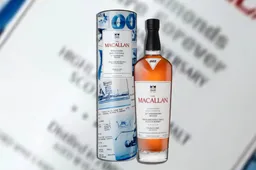
Update: The Macallan James Bond Diamonds Are Forever 55th Anniversary Whisky: This is What We Know
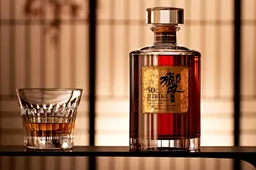
The World’s Best Whiskies of 2026: World Whiskies Awards Winners
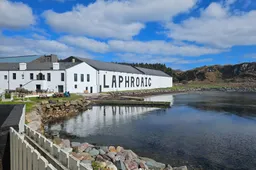
Whisky Slowdown Reaches Islay as Two Mayor Distilleries Scale Down
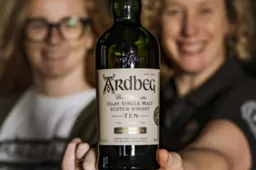
Bold, Peaty and Lush: You Don't Want To Skip The 2026 Ardbeg Committee Whisky
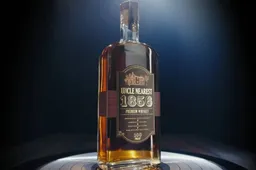
Uncle Nearest’s Financial Turmoil is Even Worse Than Everyone Thought
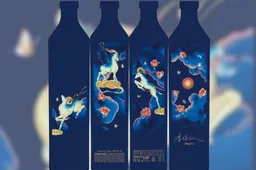
Johnnie Walker Unveils a New Limited Edition and It's Not the Year of the Horse Bottle
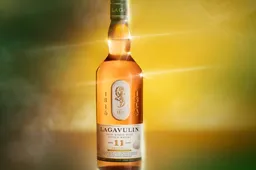
Lagavulin Unveils the 11-Year-Old Sweet Peat Whisky: Islay smoke with a mellow, sweet twist
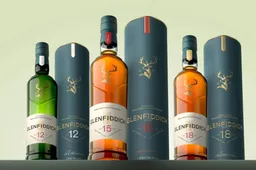
A Fresh Identity: Glenfiddich Introduces Sleek New Packaging
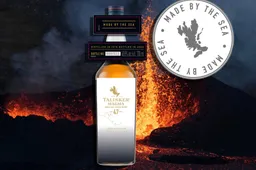
Talisker Magma Spotted: Ultra-Rare Single Malt Distilled in 1978 May Be Coming
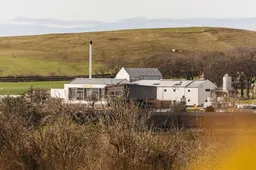
Diageo’s sweeping plans: jobs at Clynelish Distillery on the line
LATEST COMMENTS
- There is no distillery equipment there and also no licences to produce or sell alcohol.TRC19-12-2025
- Hi Yvonne, Thank you for your response and for sharing the video. Unfortunately, the evidence you referred to consists only of two people talking about the whisky, without any explanation or identification. We have not spoken to the individuals in the video ourselves, nor can we verify who they are. We describe it as a Chinese whisky because it is released by a Chinese distillery. As you mentioned, the distillery has chosen to label the product as “pure malt” instead of “Chinese whisky.” Based on that, we do not believe they are doing anything illegal.M0nkey16-11-2025
- So - you have the proof......where's your write up?Yvonne16-11-2025
- You are absolutely right. Luckily that doesn't matter for the taste of the whisky. Have you tried it yet?M0nkey05-11-2025
- Guess what? Finland is not part of Scandinavia.Gray105-11-2025
- Throw in the towel? You mean restructure to compete and win in a challenging industry environment.WestwardFounder21-10-2025
- There is nothing legally to prevent the English whisky GI from coming into force, it complies with all the relevant laws and the single malt definition follows the precedent of Welsh whisky and US whiskyChefBear15-10-2025
- Three emails sent (two with videos, linked to a Google Drive Share). 1. The original video. 2. The video with subtitles as it was shared on YouTube 3. Screen grab of the YouTube channel where the video was blocked due to Pernod Ricard lobbying. The story was covered on Drinks Intel at the time - link here - https://drinks-intel.com/subscriber-news/pernod-ricards-the-chuan-pure-malt-whisky-not-sourced-solely-from-china-global-drinks-intel-exclusive/Yvonne10-10-2025
- Hi Yvonne, Thank you for your interesting comment. Could you share your copy with us, so we can adjust our item accordingly? Mail us at [email protected]. Thank you in advance.M0nkey09-10-2025
- Let's keep this factually correct. Pernod Ricard DID NOT release a Chinese whisky. Their first output from The Chuan (the name of the distillery in Sichuan, China) wasn't fit for bottling. What they actually bottled was imported Scotch whisky. This is why the product is called "PURE MALT" and not "Chinese Whisky" - because Pure Malt is not a regulated term - this is not a secret. This was exposed about a week after they released it. There were even videos about their own staff on site admitting it was made from imported whisky - which Pernod Ricard got the lawyers onto to get the video pulled. I've got a copy if you want it.Yvonne09-10-2025
Loading
